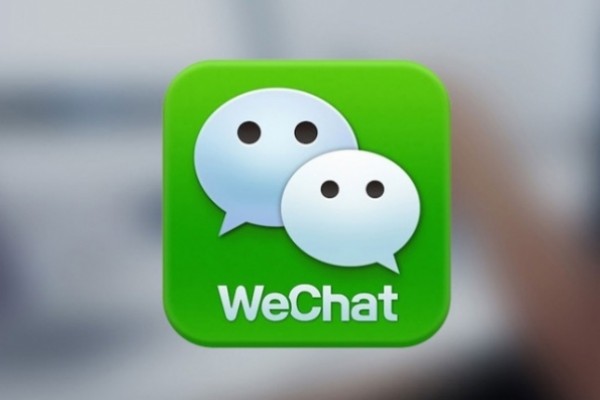| Meet WeChat, most developed App in the world | |

| Author: Matej Balen |
| 2nd January 2018 |
| SHENZHEN – Imagine Facebook, Twitter, Paypal, Skype, Instagram, Snapchat, Uber App, WhatsApp, Google Maps, Messenger, Internet banking… all in one! |
|
And you still won’t get even close to understanding all the functions this China’s “App for Everything” currently has. Examine WeChat, and why is it the most popular and powerful app in China. This month, WeChat celebrates seven years since its initial release in January 2011. Developed by Tencent Holdings Limited, the app was actively supported by the Chinese government as a part of development of e-commerce market in China. WeChat started out basic, being similar to WhatsApp, with just text messaging, voice clips and photo sharing. During 2012 it reached first 100 million users and was picking up with China’s new emerging trend – QR codes. WeChat opened up to brand accounts, prompting Chinese companies and foreign brands doing business in China to interact with China’s consumers more directly and promptly. Number of users was growing even faster, reaching 300 million within the following year and was now recognized by foreign celebrities like Lionel Messi, Justin Bieber, Hollywood movie-stars, NBA franchises, etc. who started opening WeChat accounts to interact with Chinese fans. By 2017, number of users surpassed 900 million, and 100 million ones outside China. WeChat launched a feature called the "Mini Program", where consumers could, for example, scan the Quick Response Code using their mobile phone at a supermarket counter. The Mini Program app paid the supermarket bill through the user's mobile wallet without the need to install any additional software. Chinese people practically stopped carrying cash or bank cards while shopping. Basic features Advertising features Finance features Special features Public services Within China, WeChat will surpass 1 billion active users in 2018 (out of 1.4 billion of population), however, outside China, WeChat is still struggling to win international popularity. Several attempts to enter the giant markets of India, Indonesia, the USA and Europe haven’t been very successful so far. Yet, the network is slowly expanding with the growing number of Chinese tourists traveling abroad who seek the ease of WeChat payments while shopping in countries like France, Italy and Germany – without carrying bank cards of exchanging money. And many shops have started to adapt to coming Chinese buyers. Tencent launched WeChat Pay services in Europe in summer 2017, opened e-commerce platform in the UK for British companies to be used to sell goods in China. Soon it will also start operating in other markets such as France, Germany and Italy. On Christmas Day, 2017, WeChat piloted virtual ID card (or e-ID) with more than 30,000 people registering within the first day. And who knows what the future holds… |